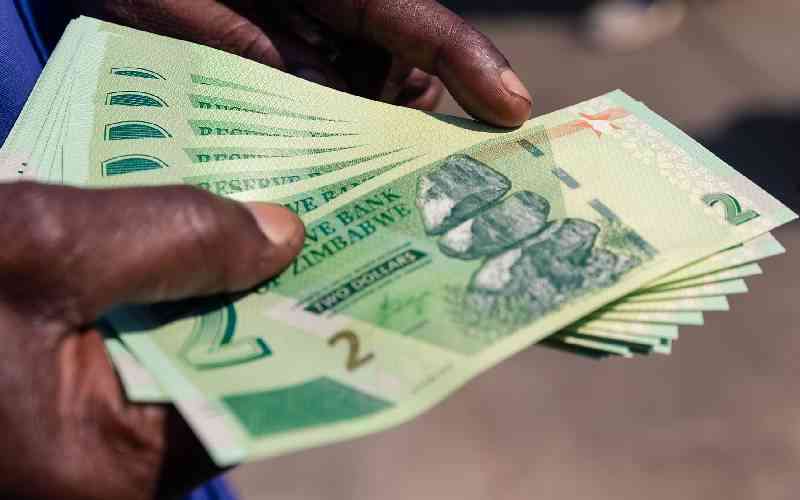×
The Standard e-Paper
Fearless, Trusted News

Zimbabwe's economic growth is expected to decelerate to 2 percent in 2024 from 5.3 percent last year due to the effects of an El Nino-induced drought, the International Monetary Fund (IMF) has said.
The growth, however, is expected to rebound strongly to about 6 percent in 2025, supported by a recovery in agriculture and ongoing capital projects in the manufacturing sector, the IMF said in a statement released late Thursday following the end of its staff mission to Zimbabwe.